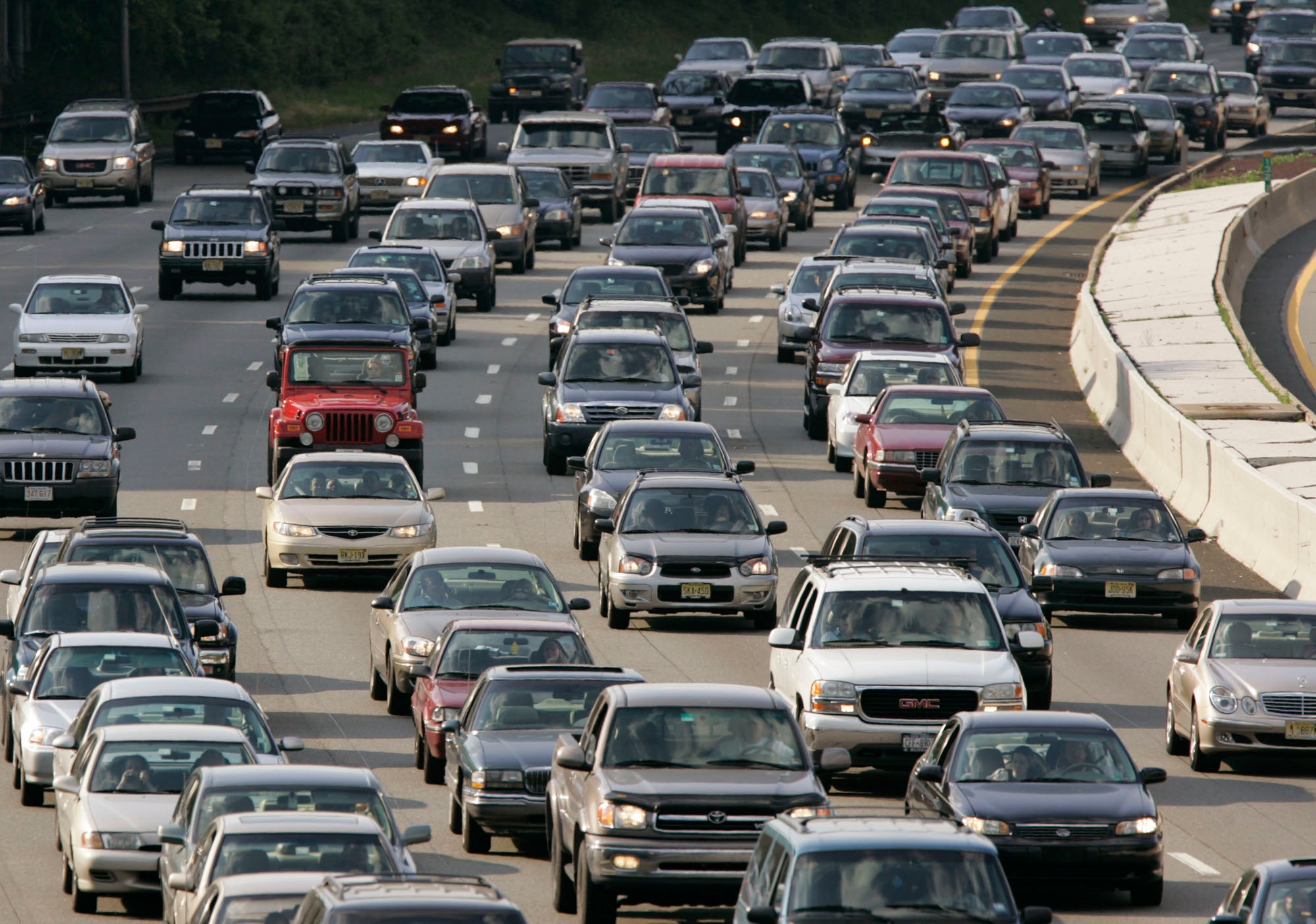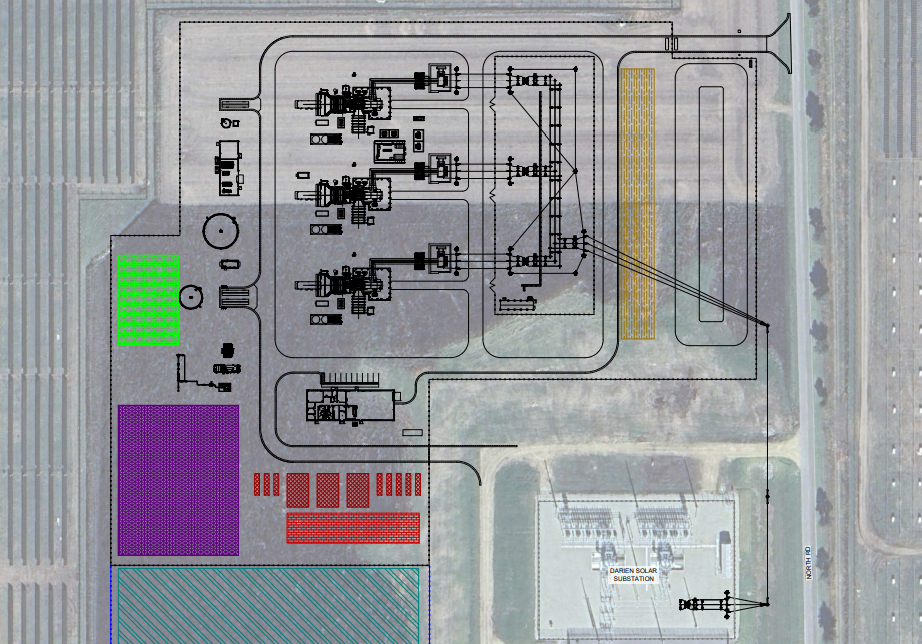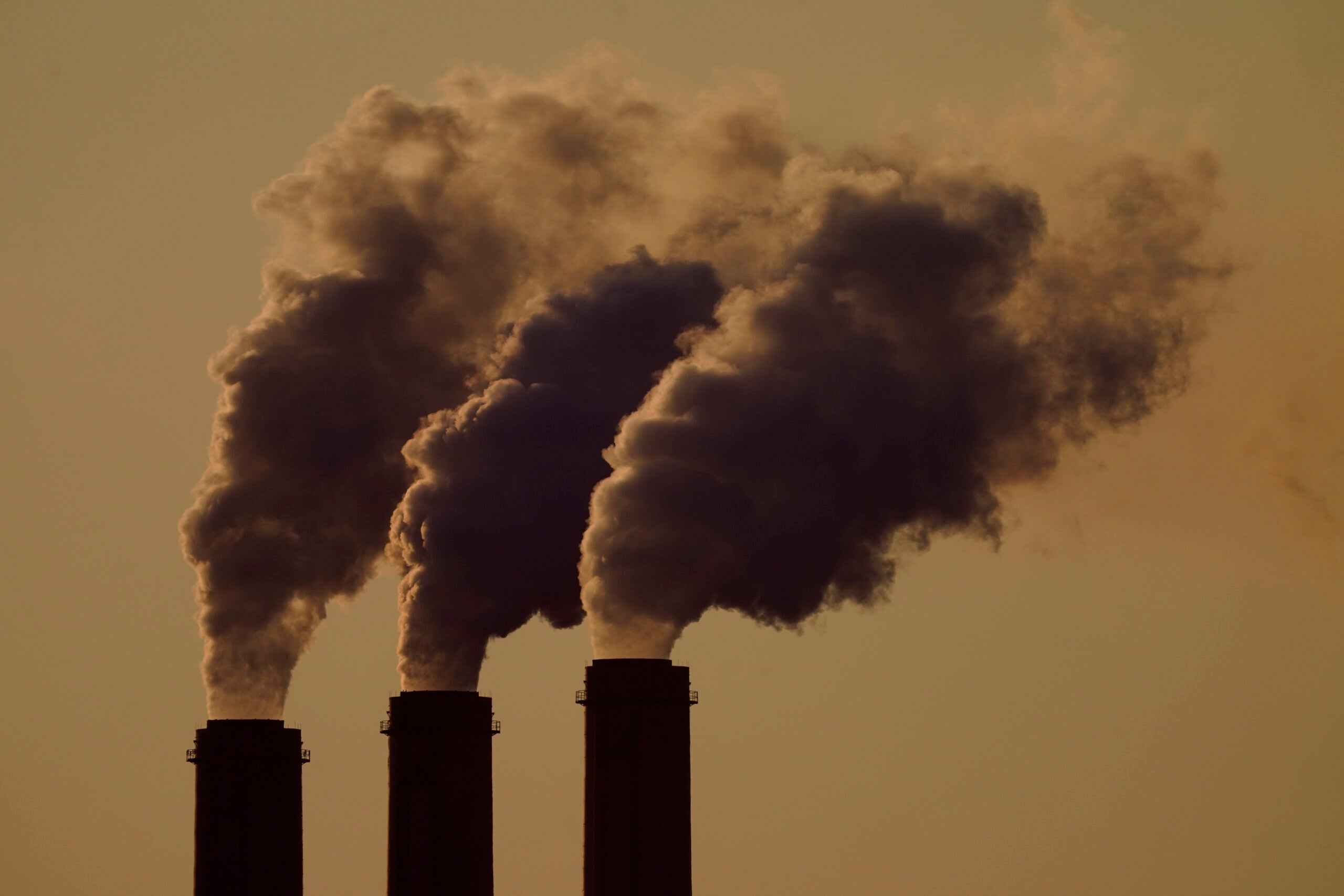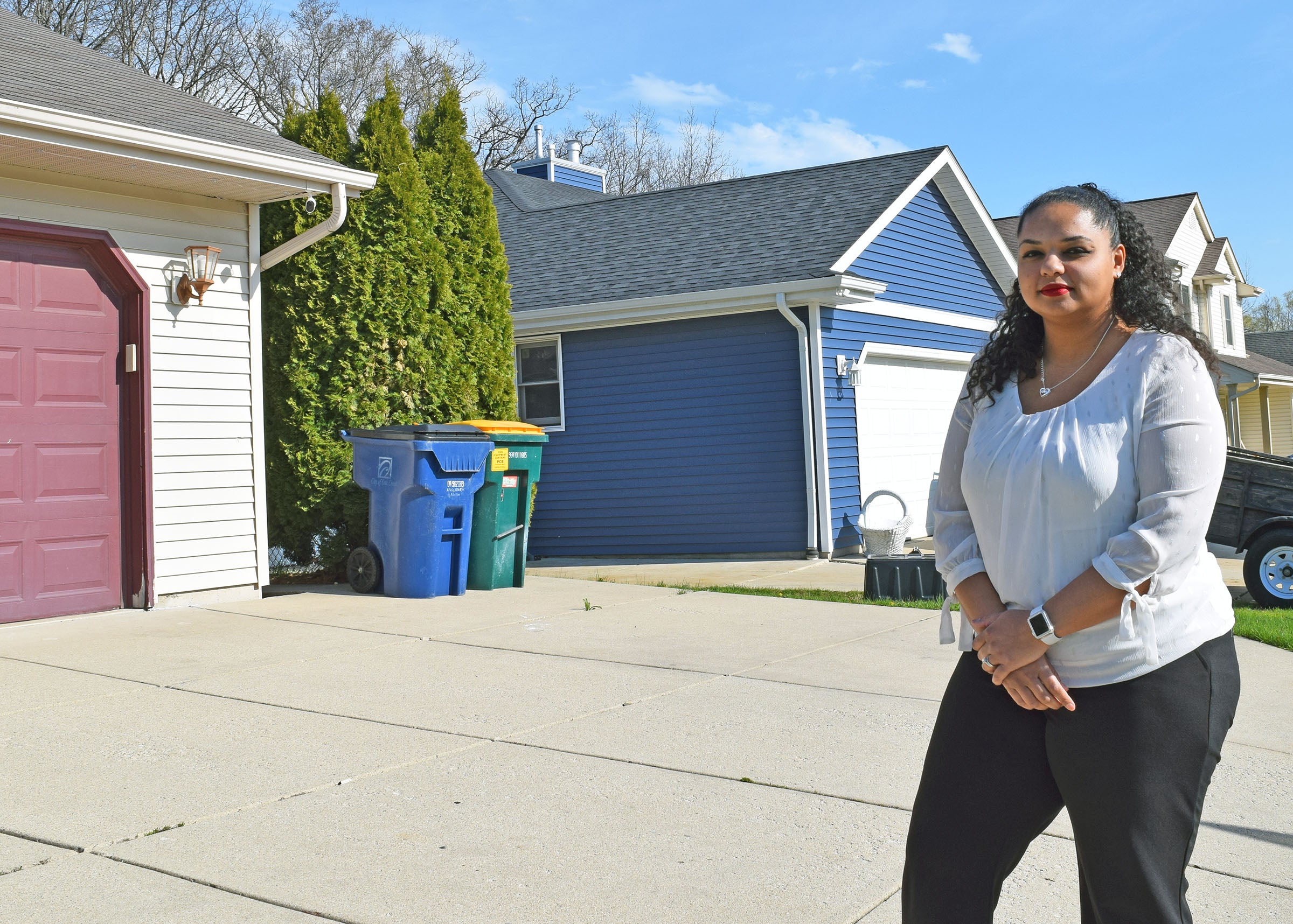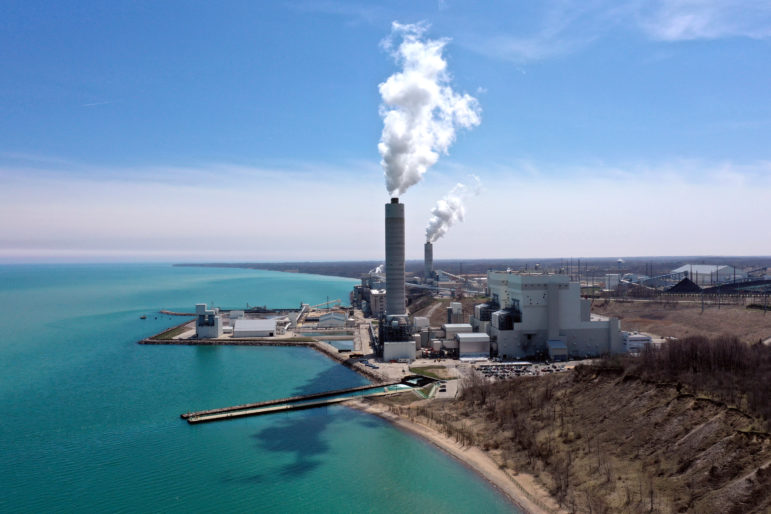Environmental advocates in Wisconsin support the Biden administration’s plans to tighten tailpipe emissions as part of an effort to accelerate adoption of electric vehicles, but some in Wisconsin’s auto industry question the technology and pace of the shift to electric cars.
The Environmental Protection Agency proposed limits on vehicle emissions Wednesday that would require two-thirds of all new car and pickup truck sales and a quarter of heavy-duty trucks sold to be electric by 2032. That’s intended to meet President Joe Biden’s goal for electric cars to make up half of all new car sales by 2030. Nationally, electric vehicles made up nearly 6 percent of new car sales last year.
The announcement comes as Republican lawmakers in Wisconsin have introduced legislation to prevent state and local governments from barring the sale of vehicles based on their energy source. So far, seven states plan to ban sales of gas-powered vehicles after 2035.
News with a little more humanity
WPR’s “Wisconsin Today” newsletter keeps you connected to the state you love without feeling overwhelmed. No paywall. No agenda. No corporate filter.
Lawmakers and supporters say preventing such a ban in this state preserves consumer choice. Opponents say it’s a step backwards. The bill contradicts the state’s clean energy plan released by Gov. Tony Evers last year, which called for supporting the shift to vehicles that have fewer or no emissions. An Evers’ spokesperson didn’t return a request for comment Tuesday on whether the governor would veto the proposal.
Ciaran Gallagher, energy and air manager with Clean Wisconsin, said the nation is already seeing acceleration in the shift to electric vehicles due to high gasoline prices in the last year. The Inflation Reduction Act provided up to $7,500 in tax incentives that’s also driving demand.
“Markets are changing and the cars are getting cleaner and more people are choosing electric vehicles because it makes sense for their pocketbook, as well as some of their concerns on air pollution and climate,” Gallagher said.
The transportation sector accounts for the largest share of greenhouse gas emissions nationwide. A 2021 report by the International Energy Agency found the world must end sales of gas-powered cars by 2035 to keep temperatures from rising beyond 1.5 degrees Celsius. Beyond that threshold, scientists say the world will face more severe effects of climate change. If the proposal is enacted, the EPA said it would avoid nearly 7.3 billion tons of carbon emissions through 2055.
National sales of electric cars last year nearly doubled from 2021, and the number of registered electric cars in Wisconsin increased by more than 53 percent to 13,893 electric vehicles. But they still make up a fraction of vehicles sold across the country and in Wisconsin.
Major car companies like Ford have been investing billions to electrify their fleets, and some, like General Motors, plan to offer all-electric vehicle lineups. Despite growing momentum around electric vehicles, auto industry groups say the transition faces challenges. The Alliance for Automotive Innovation said in a memo the success of any proposed regulations would be tied to policies and favorable market conditions beyond electric cars that include affordability, utility capacity, charging infrastructure, supply chains and access to critical minerals.
Citing ongoing hurdles in those areas, Bill Sepic said the proposed rules don’t seem achievable in the proposed time frame. Sepic is president and CEO of the Wisconsin Automobile and Truck Dealers Association, which represents 700 licensed dealers statewide.
“Two years ago, we were at 3.2 percent of our vehicles (sold) were electric. That’s an astronomical leap,” Sepic said of the proposed regulations. “So, right now, you have a lot of concern, a lot of questions because there are no specifics that have been asked. This is a classic case of saying we’re going some place, we’re going to get there, but without a roadmap or a plan.”
The nation would require millions of new charging stations to facilitate a rapid shift to electric vehicles. Wisconsin currently has around 450 fast-charging stations. The Wisconsin Department of Transportation is preparing to build around 60 fast-charging stations statewide using nearly $79 million through the 2021 bipartisan infrastructure law to put them in place. Under the plan, 85 percent of the state’s highway system will be within 25 miles of a fast-charging station.
As the EPA is set to unveil its proposal, Wisconsin lawmakers have put forth their own measure aimed at preventing state or local governments from banning gas-powered vehicles.
GOP proposal aims to prevent bans of gas-powered vehicles
In a hearing Tuesday, Rep. Ellen Schutt, R-Clinton, said the bill would prevent communities from barring sales of gas-powered cars and trucks, as well as prohibit banning sales of electric vehicles. Evers has set a goal for the state to go carbon-neutral by 2050, and Schutt noted other communities intend to “go green.”
“We just want to make sure that the government doesn’t get involved to reach their green energy goals by doing mandates,” Schutt said.
Democratic lawmakers previously introduced a package of nearly two dozen bills that stemmed from the Governor’s Task Force on Climate Change, including a planning proposal that would consider electrification of the transportation sector. The bills failed to advance. Assembly Speaker Robin Vos, R-Rochester, said Democrats were just “pandering to the very liberal base.”
Speakers at the hearing voiced support for the bill, including representatives of the Wisconsin Motor Carriers Association and Wisconsin Manufacturers and Commerce, or WMC.
Craig Summerfield, director of environmental and energy policy for WMC, noted state transportation officials project electric cars could grow to 31 percent of all registered vehicles by 2050.
“It is unclear how the Evers administration anticipates its vehicle electrification target can be achieved without aggressive new government mandates,” Summerfield said. “This creates needless uncertainty for the overwhelming majority of Wisconsin businesses and consumers that continue to depend on gas-powered motor vehicles for transportation, goods and services.”
Dan Johnson, vice president of the Motor Carriers Association, shared similar sentiments that any attempt to curb or restrict the types of vehicles sold based on their power source “would only exacerbate” the state’s shortage of drivers and supply chain challenges.
“Technology sometimes can move very, very quickly, as we know, but sometimes it takes a little bit longer for technology to really flush itself out,” Johnson said. “And I think if we try to push a policy to force a technology, I think that’s an incorrect decision.”
Clean Wisconsin argued the technology is there while acknowledging challenges remain with ensuring there’s enough infrastructure to facilitate the transition. Chelsea Chandler, the group’s climate, energy, and air program director, told Wisconsin Public Radio it’s not about pushing a particular technology.
“We know that the dirty fuels that we’re using predominantly in vehicles now are not giving us the results that we want, but electric cars are,” Chandler said. “So, it’s not so much about the technology. It’s kind of about what it enables in terms of lower air pollution and lower climate pollution.”
Emissions from cars and trucks can lead to smog and fine particle pollution that can make lung diseases like asthma worse, cause heart disease and even premature death. People of color in Wisconsin are exposed to more harmful air pollution than their white counterparts in Wisconsin, according to a previous analysis from the group.
Chandler said the EPA’s proposal would be a step toward cleaner communities and a healthier climate.
“I would strongly prefer our legislators to be more in sync with their constituents and consumer demands for a cleaner transportation system,” Chandler said, “and all of the benefits that come with that.”
Wisconsin Public Radio, © Copyright 2025, Board of Regents of the University of Wisconsin System and Wisconsin Educational Communications Board.

